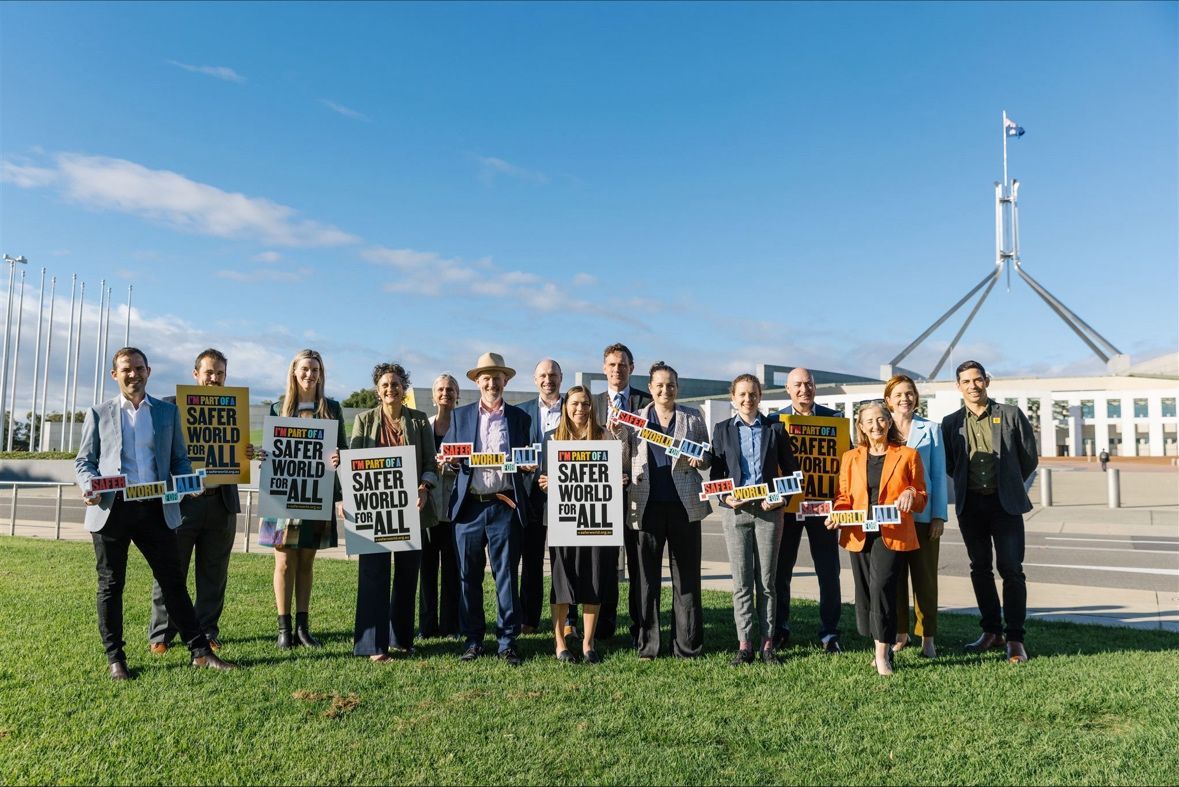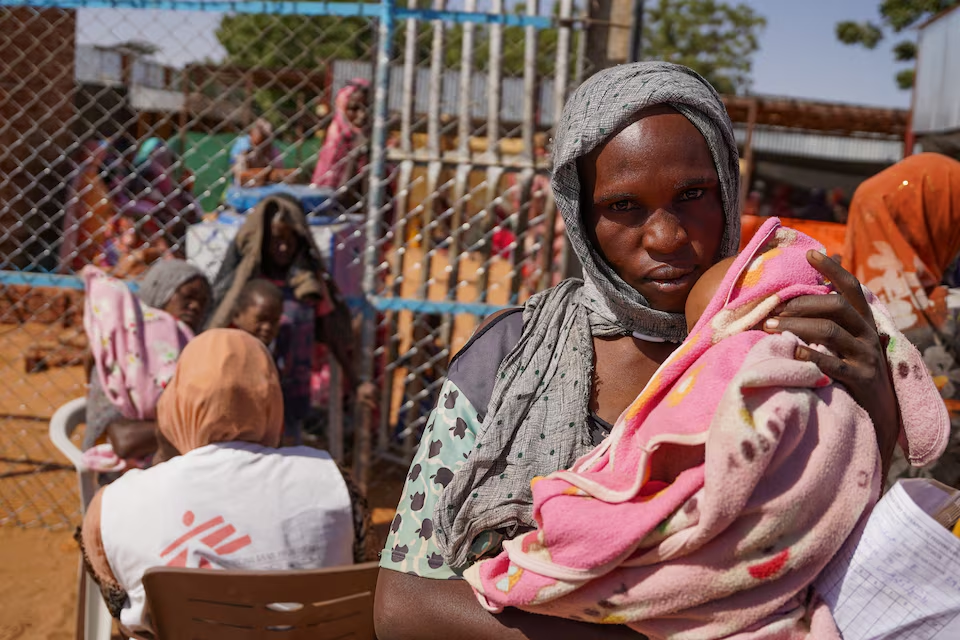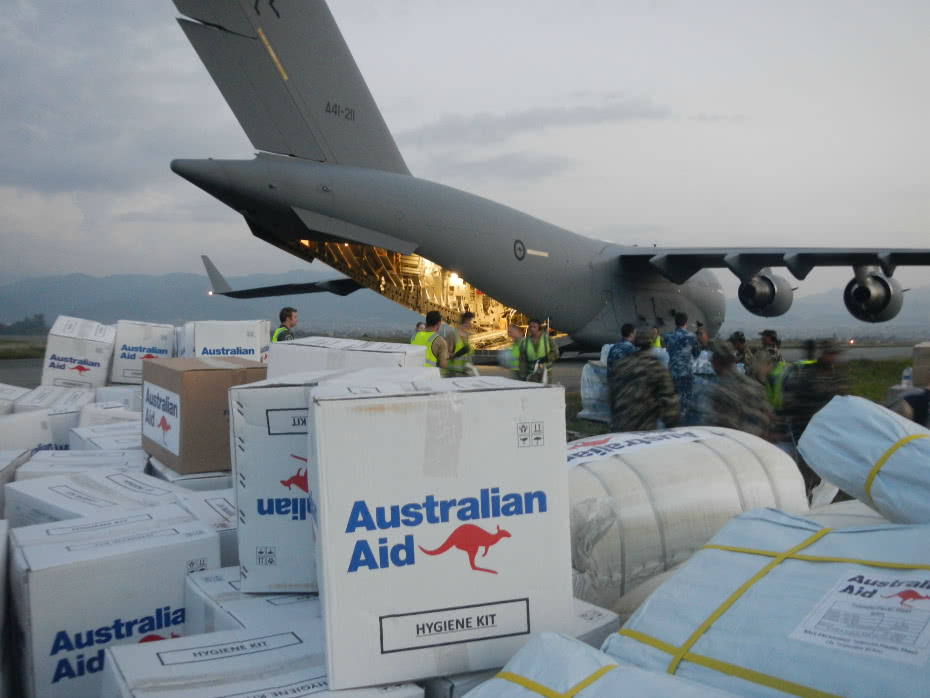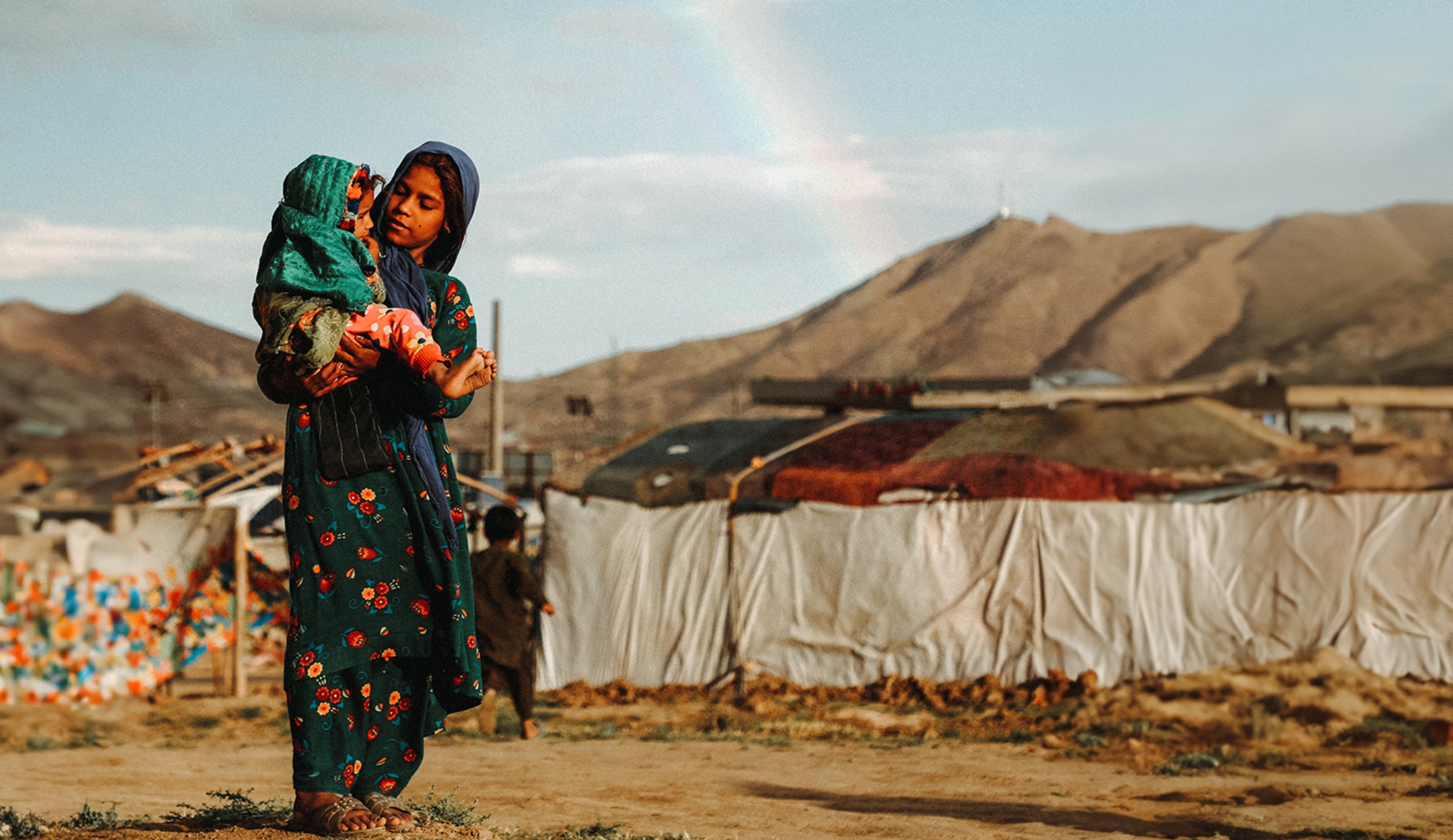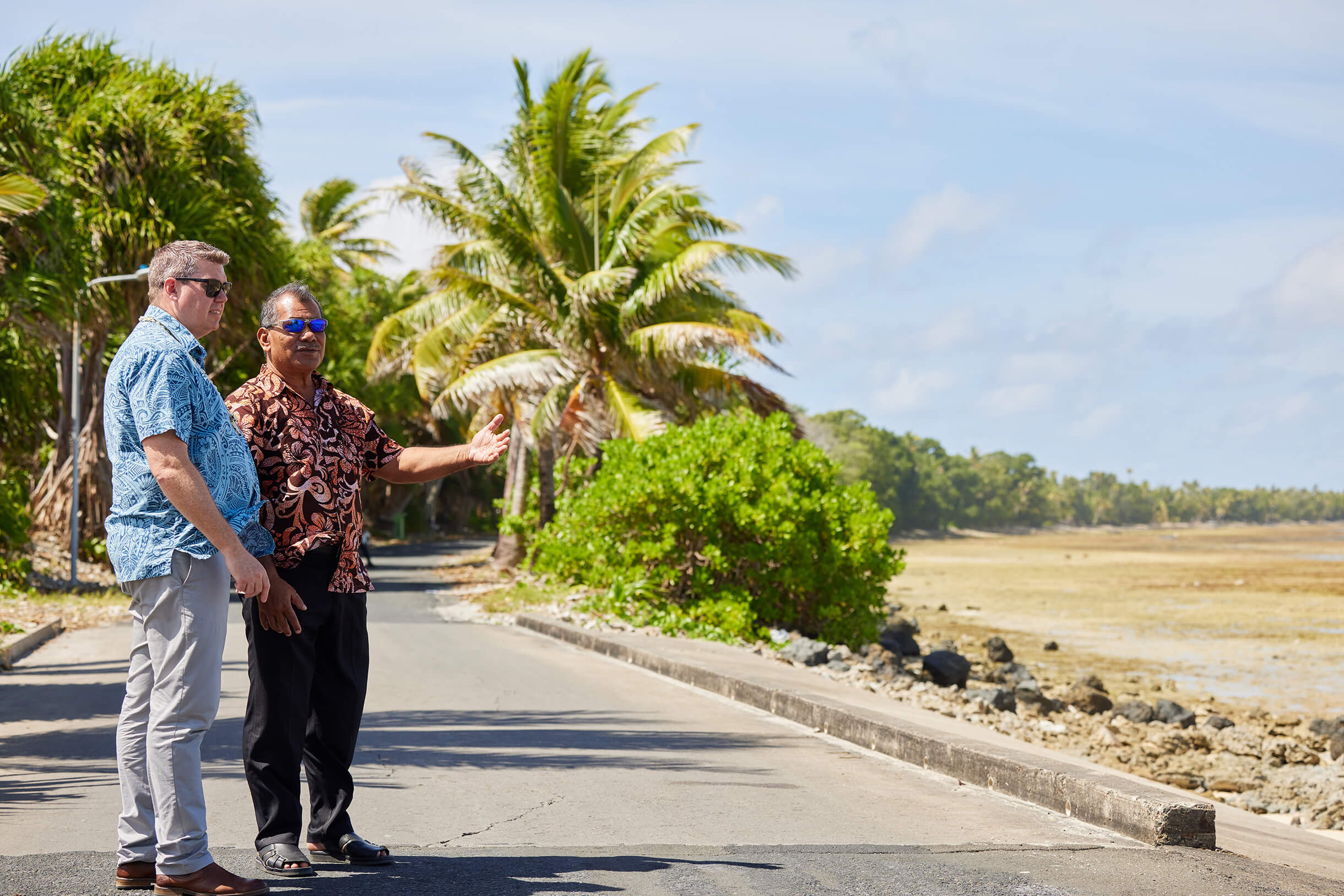
What’s the ask
As part of our package of reforms to deliver a Safer World For All, we’re calling on the Australian government to deliver a safer climate future.
Our specific asks are:
- Annual commitment of $4 billion for global climate finance contributions
- A $100 million initial contribution to the Loss and Damage Fund
- Advance a global, just, and equitable phase out of coal, oil and gas through endorsing the call for a Fossil Fuel Non-Proliferation Treaty.
Why these asks
Adapting to, and mitigating for, the effects of climate change is critical for the security, safety and wellbeing of everywhere. For it to happen – in a way that ensures a just and equitable transition – it will require specific, tailored programs of action and dedicated climate finance funding, both new and additional.
Responding effectively also requires that we work on the source of the crisis. Failure to deal with the causes means we will always be playing catch up and nothing we do will be enough to stop the dangers increasing in intensity and scale.
It’s a crisis of unequal making and unequal impact
The climate crisis doesn’t affect everyone in the world equally. In fact, there’s a disproportionate impact on the world’s poorest, who, coincidentally, are those that have contributed the least to the issue: the crisis has been driven by the greenhouse gas emissions of those who have the means to emit and it is causing the greatest impacts on those least responsible for emissions. Therefore, we need solutions which will deliver climate justice – compensating and protecting those who did the least to cause the crisis but are now paying the highest price.
Facts and figures
- The average emissions of a person in the poorest half of the global population (around 3.5 billion people) are 1.57 tCO2, 11 times less than the average footprint of someone in the richest 10%;
- The average emissions of someone in the poorest 10% of the global population is 60 times less than that of someone in the richest 10%; and
- (while estimates at the extreme top and bottom of the global income distribution are more difficult to make) the richest 1% may emit 30 times more than the poorest 50%, and 175 times more than the poorest 10%.
The world needs to take immediate action
Right now, there is a 66% chance the annual global average temperature will reach 1.5 ºC above pre-industrial temperatures within five years. Should the current warming trajectory continue, life, as we know it, will be threatened.
Consequences of the temperature rise will be severe and significant.
They include:
- increased ocean acidification impacting marine life and food sources;
- increased coastal flooding due to sea level rise; and
- decreased availability and quality of natural resources, including fresh drinking water and quality soils for growing food.
By placing our planet’s ecological system in such peril (through climate change as well as biodiversity loss and unsustainable resource use) we place ourselves at increased risk of humanitarian disasters (flooding, food insecurity and water shortages are examples of such disasters. These events will result in both mass migration and rising poverty and, as a result, increased global instability.
“…on an annual basis some 7 million people die from air pollution, 1.3 million die from water pollution, 2.3 billion are affected negatively from land degradation, and millions more suffer from combined air, water and soil pollution (UNEP, 2019). Floods and droughts are killing and displacing people worldwide. The top 10 climate-related disasters in 2022 cost the world billions of dollars (Christian Aid, 2022).
(Christian Aid, 2022
An ongoing, and untreated, climate crisis will also impact global finances. In 2022, weather disasters in developing countries caused more than US$109 billion in losses. The actual figure is likely higher if smaller events, slow-onset impacts and non-economic costs are included. By 2030 the costs are predicted to be much, much higher, reaching up to USD $671 billion annually. Low-income and highly climate-vulnerable countries cannot afford this but, we would argue, nor can any other country.
We must double down on efforts to effectively respond to the threat of increased global warming.
What delivering on this ask will achieve
Working towards a world where our climate is stable, being the only scenario which will ensure the continuity of life, means that we must:
- contribute to both multilateral efforts and support locally led partners to deliver diverse and inclusive adaptation and mitigation programs; and
- support low-income and highly vulnerable communities to access financial support for a range of loss and damage, including displacement and migration, biodiversity and ecosystem losses and food security.
Taking these actions will deliver a range of related benefits, including recognising and respecting local knowledge, making participatory and transparent decisions, and increasing green jobs such as planting mangroves, restoring coastal erosion, ecosystems and wetlands. These actions also respond to the calls by countries in our region for a global, just and equitable transition to a safer climate for all.
Safer World for All campaign
This ask is part of a three-part transition plan, addressing immediate and urgent needs whilst also solving for the structural and systemic issues that underpin the way the world currently operates. The actions are: invest in Australian Aid; support a fairer global economy; and ensure a safer climate future. Taken together, these actions will create a safer world for all.
READ MORE
- Extreme Carbon Inequality: Why the Paris climate deal must put the poorest, lowest emitting and most vulnerable people first
- Women need to lead next phase of climate justice movement, Robinson says
- Principles of Climate Justice
- Inclusive development, leaving no one behind, justice and the sustainable develpoment goals
